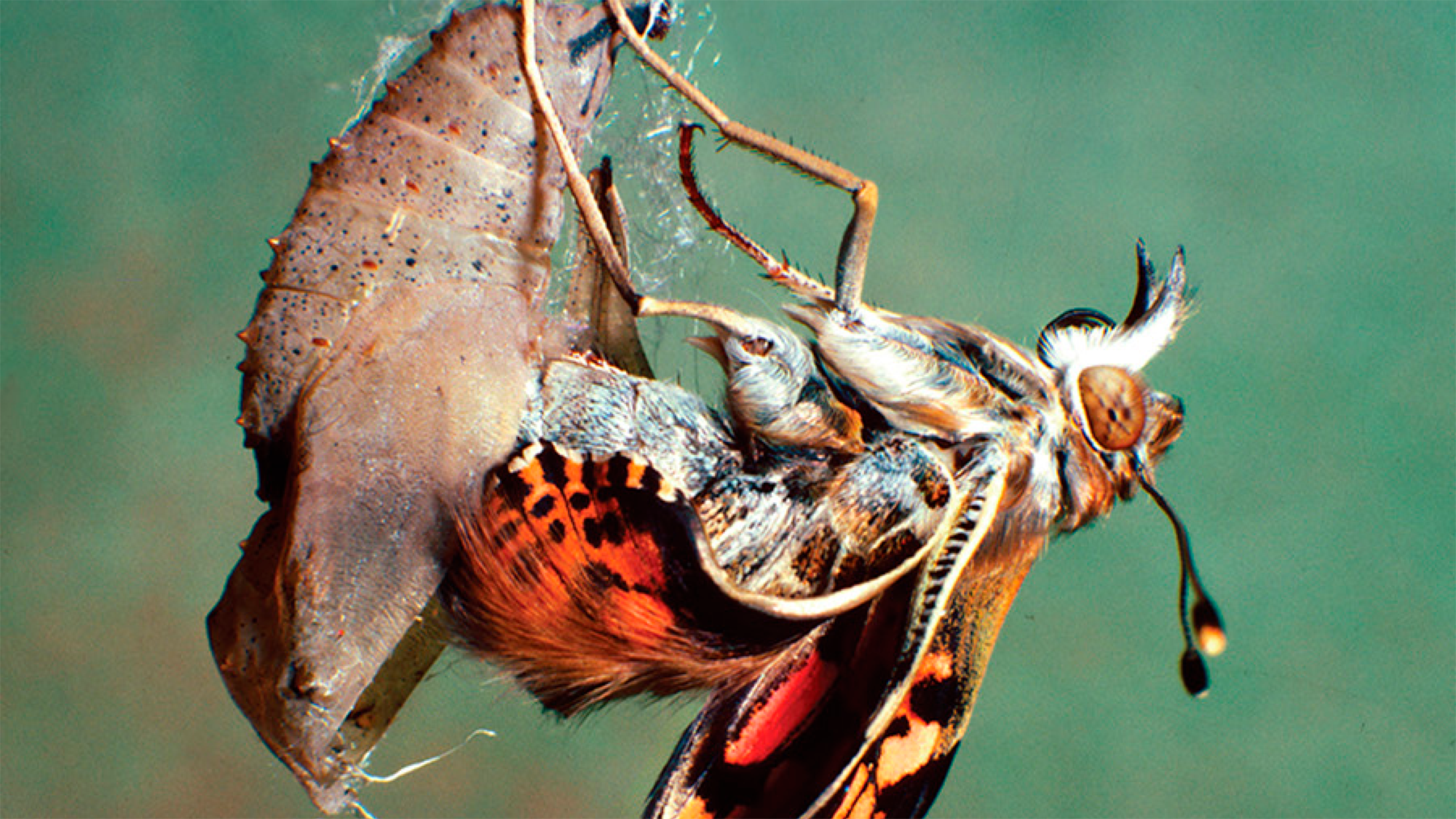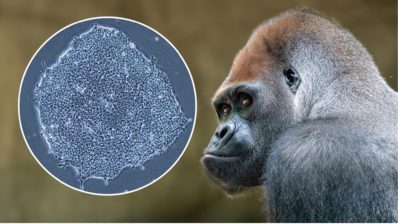With more than 300 scientific articles behind him, the founder of the Institute for Evolutionary Biology (IBE: CSIC-UPF), Xavier Bellés, has recently published his 11th book, Insect Metamorphosis: From Natural History to Regulation of Development and Evolution.
In this work, Bellés summarizes his 30 years of research exploring the origin of insect metamorphosis, as well as analyzing its evolution and regulation. The book provides updated information — compiled over the last decade — on the mechanisms of action of the juvenile hormone, a key factor in the process of insect metamorphosis. The book is also aimed at helping entomologists find solutions for pest control management.
We talked to the researcher and author.
After eleven published books, we can say that you are a researcher, but also a writer. How do you think each of these facets have influenced each other ? In other words, what has the writer Xavier contributed to the researcher Xavier, and vice versa?
The relationship between both facets is mutually enriching. Naturally, the research facet is essential to write about science. And in this facet, having the inclination to write is very useful since writing helps me to think and develop hypotheses, as well as to plan new experiments as a result of them. On the other hand, the writing facet, especially in terms of outreach, encourages me to read about topics not directly related to what I research, which gives me new ideas. Looking from different angles is essential to have new ideas about old problems.
30 years deciphering the metamorphosis of insects… How did you manage the process of organizing all the concepts you wanted to cover in the book?
I must say that it was not a quick task. Writing the book has taken me almost four years, although I have been writing almost exclusively on weekends and during the holidays. I organized myself by making an index draft, and beginning to write the chapters in which the knowledge was quite consolidated; for example, the chapters on the history of ideas, or on natural history. I left for the end those chapters in which the flow of new information was very dynamic, and in which very important discoveries were taking place, such as those dealing with the regulation of metamorphosis or its evolution

“Looking from different angles is essential to have new ideas about old problems”
Xavier Bellés (IBE)
So, the book is aimed at a specialized audience, right? If someone not specialized in the field wanted to learn about the process of metamorphosis, would you recommend this book, or maybe another book of yours?
For those interested in aspects of general culture, maybe the book I published in 2010, Living two lives, which deals mainly with historical aspects, would be more appropriate; naturalists in general might like What we know about insect metamorphosis (2013), which covers the whole topic, but briefly. This newly released book, Insect Metamorphosis: From Natural History to Regulation of Development and Evolution, is a very in-depth book which covers all aspects, from the historical to the regulatory and evolutionary mechanisms. However, each chapter is self-explanatory and includes its own bibliography. Thus, the book can be read in chapters and you can skip any that does not interest you much.
“More than half of the animal species that exist on Earth today are insects that develop through some type of metamorphosis.”
And finally, the big question: why is it important to understand the metamorphosis of insects?
Because it is one of the great innovations in the evolution of insects, and in evolution in general. If we talk about biodiversity, we know that more than half of the animal species that exist on Earth today are insects that develop through some type of metamorphosis. Without the complete metamorphosis, for example, the pollinating hymenoptera would not exist. Can you imagine a world without pollination? Furthermore, metamorphosis is a fascinating process for the sudden transformation it implies. It seems like a magical transformation. For this reason, out of curiosity and to advance the frontier of knowledge, it is worth studying and understanding.
“Metamorphosis is one of the great innovations in evolution, and a fascinating, quasi magical process for the sudden transformation it implies”







